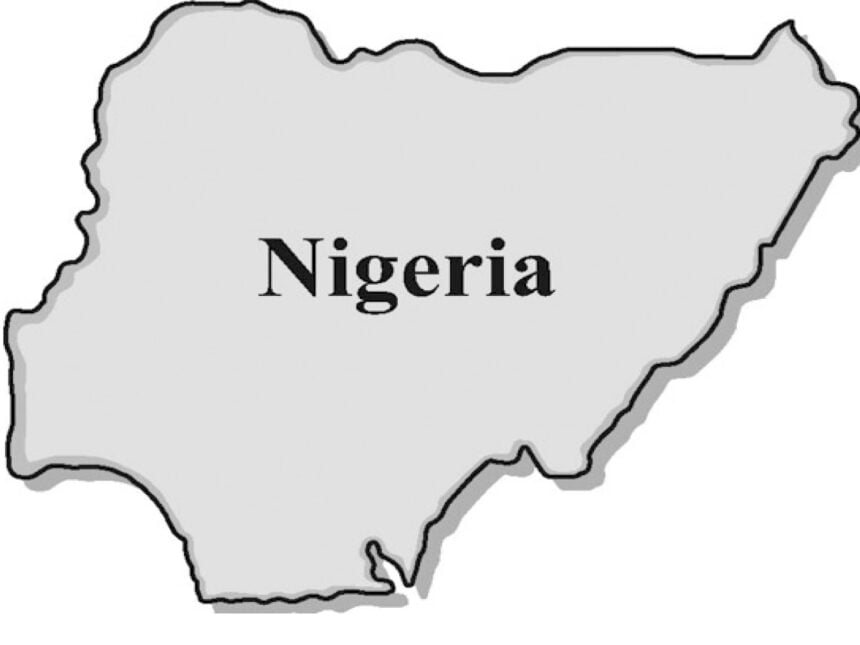HOLISTICALLY, governance can be defined as the overall complex system or framework of processes, functions, structures, rules, laws and norms borne out of the relationships, interactions, power dynamics and communication within an organised group of individuals which not only sets the boundaries of acceptable conduct and practices of different actors of the group and controls their decision-making processes through the creation and enforcement of rules and guidelines, but also manages, allocates and mobilises relevant resources and capacities of different members and sets the overall direction of the group in order to effectively address its specific collective needs, problems and challenges.
Corruption, et al
Nigeria’s economic potential is significantly hampered by systemic issues of bad governance. Corruption is a systemic challenge in Nigeria, deeply rooted in both public and private sectors. The siphoning of public funds diverts critical resources away from healthcare, education, and infrastructure development. For example, the National Bureau of Statistics (NBS) reported that Nigerians paid estimated N721 billion in cash bribes to public officials in 2023.
Nigeria’s Anti-Corruption Agencies estimate that the country loses a staggering $18 billion annually to corruption and financial crimes (Sope Williams, Adedeji Adeniran, and Aloysius Uche Ordu, ‘Can we change the narrative on corruption in public procurement in Nigeria?’ (August 24, 2023)). This figure amounts to 3.8% of Nigeria’s 2022 GDP and largely tells on the nation’s economic growth and development. These losses hinder investment, erode public trust, and divert resources from essential public services needed across sectors such as infrastructure, healthcare, education, and other essential services, ultimately undermining the country’s progress toward a more equitable and prosperous future. This, in turn, limits job creation and economic opportunities for Nigerians.
Weak institutions
Weak institutions further worsen the corruption problem, as they fail to hold corrupt individuals accountable, further impeding Nigeria’s economic development. This culture of impunity undermines public trust and deters foreign investment. Studies have shown that countries with weak institutions find it difficult to evolve rapidly enough to enjoy economic growth and development. Viable institutions foster social cohesion and macroeconomic stability, thereby increasing investment and growth.
The judiciary
A judiciary plagued by delays and corruption undermines the rule of law and discourages investment.
Red-tapism
Inefficient public sector institutions, characterized by bureaucratic red tape and corruption, hinder the delivery of public services and stifle economic activity. These institutional weaknesses collectively contribute to a hostile business environment, discouraging domestic and foreign investment, and ultimately hindering Nigeria’s economic growth and development. Moreover, a lack of transparency and accountability in government institutions fosters nepotism and cronyism, exacerbating economic inequality and hindering equitable development. These factors collectively impede Nigeria’s economic growth and its ability to realize its full potential as a global economic player.
Institutional reforms
Attempts have been made by the Nigerian government to enhance the quality of institutions in Nigeria, such as the establishment of the Code of Conduct Bureau (CCB) in 1979, the Service Compact with All Nigerians (SERVICOM) in March 2004, and the Public Complaints Commission in October 1975. To enhance fiscal prudence and accountability in both the public and private sectors, institutions such as the Economic and Financial Crimes Commission (EFCC), the Independent Corrupt Practices Commission (ICPC), and the Nigerian Financial Intelligence Unit (NFIU) were established to further strengthen institutions which in turn, are expected to promote sustainable economic growth. However, Nigeria continues to suffer from poor institutional quality as these institutions themselves are weakened.
Effective governance
For Nigeria to experience notable economic progress and smooth implementation of sustainable policies, it is good governance as well as institutional reforms for weak institutions are vital. Effective governance is central to economic sustainability. In this context, such governance must take note of the major recipients of the impact of its measures, the society. People, as both consumers and producers, drive economic activity and are impacted by its outcomes, making participation and empowerment crucial for sustainable economic development. The consideration and implementation of measures that prioritize responsible resource management, equitable distribution of wealth, and policies that prioritize the sustainability of the continent and planet at large are also crucial in the creation of strategic economic reforms in Nigeria.
Invest in public institutions
In the same vein, investing in the capacity of public institutions to deliver quality services is crucial for building trust between the government and its citizens. Institutional reforms to strengthen the judiciary, improve fiscal transparency, and fight corruption are essential for creating an environment conducive to growth. These reforms would improve governance, boost investor confidence, and encourage domestic and foreign investment. Strengthening anti-corruption agencies, such as the Economic and Financial Crimes Commission (EFCC), and ensuring transparency in public expenditure are crucial steps. Technology, like e-governance systems, can also play a vital role in reducing opportunities for graft. Tackling corruption head-on is not just a moral imperative but an economic necessity.
•Excerpts from an article titled: Imperatives of Strategic Economic Reforms in Nigeria’s Quest for Sustainable Economic Development, written by Professor Ozekhome (SAN)
READ ALSO: The imperative of good governance: Nigeria in a global comparative perspective
WATCH TOP VIDEOS FROM NIGERIAN TRIBUNE TV
- Let’s Talk About SELF-AWARENESS
- Is Your Confidence Mistaken for Pride? Let’s talk about it
- Is Etiquette About Perfection…Or Just Not Being Rude?
- Top Psychologist Reveal 3 Signs You’re Struggling With Imposter Syndrome
- Do You Pick Up Work-Related Calls at Midnight or Never? Let’s Talk About Boundaries







